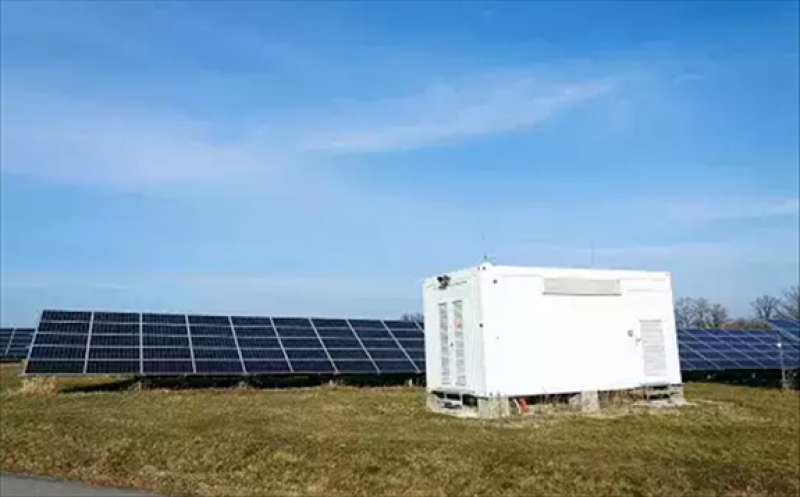The Department of Science and Technology has launched a collection of scientific developments in energy storage that are expected to reach pilot plant or application level demonstration in the coming months, according to a statement.

The compilation of success stories consisting of 14 successful projects under the Materials for Energy Storage (MES) programme launched by Renu Swarup, Secretary, DST, would enable researchers, stakeholders, and general audience to know about them and these can be scaled up according to national needs and priorities in the near future, it added.
Recognising the challenges and opportunities associated with materials discovery, DST, under its Clean Energy Research Initiative (CERI), has initiated a thematic Research and Technology Programme on energy material, and these developments have been the result of that initiative.
Material discovery and development cut across the entire energy technology portfolio, from energy generation and storage to delivery and end-use. They lay the foundation of every clean energy innovation: advanced batteries, solar cells, low energy semiconductors, thermal storage, coatings, and catalysts for the conversion, capture, and use of carbon dioxide.
These new materials constitute one of the cornerstones for the global transition to a low-carbon future.
Each newly-discovered molecule is run through simulation, synthesis, and characterisation, with synthetic procedures taking from 10 to 20 years at a very high cost.
However, recent developments in this area show potential for a transformational change that could reduce the time to design, optimise, and discover new materials by at least 10 times, cutting it down to one or two years, the statement said.
In order to accelerate this transformational change, the Materials for Energy Storage (MES) programme is supporting research and development activities aimed at innovative materials for energy storage and to build energy storage devices with enhanced output for multi-functional applications.
A set of 77 projects has been supported under this programme so far across three important areas such as battery, supercapacitor, and Thermal Energy Storage. All these projects are currently in different stages of implementation, it added.